Climate Change Report Should Jolt People Into Action
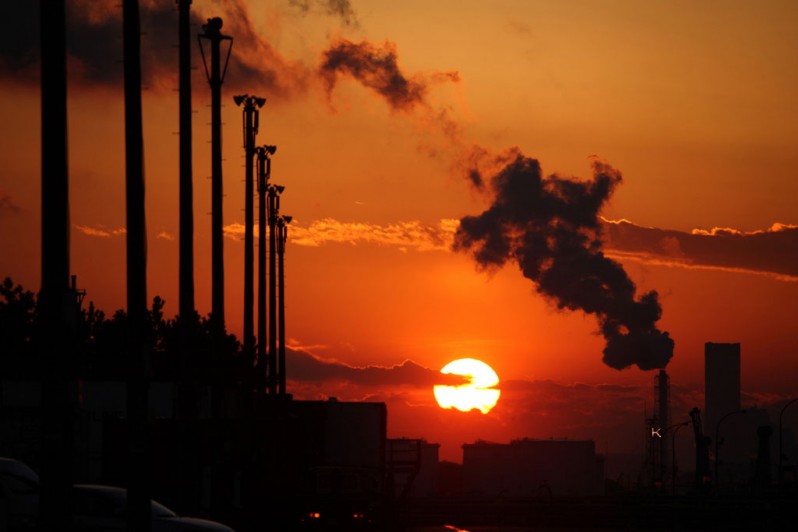
UN science panel’s chairman, Rajendra Pachauri, says report on impacts of rising temperatures should push leaders to act
Major Increase In West Antarctic Glacial Loss
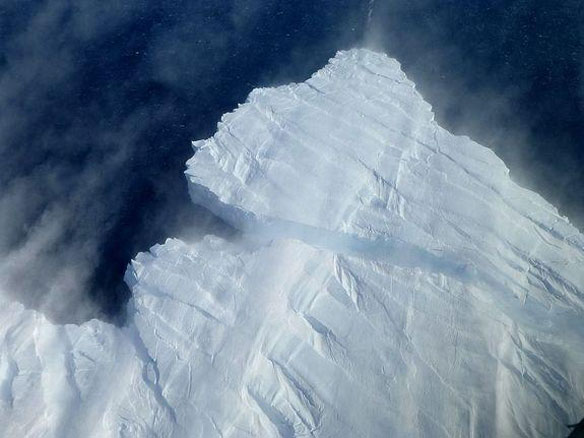
Six massive glaciers in West Antarctica are moving faster than they did 40 years ago, causing more ice to discharge into the ocean and global sea level to rise, according to new research.
IPCC Report: Climate Change Felt On All Continents And Across The Oceans
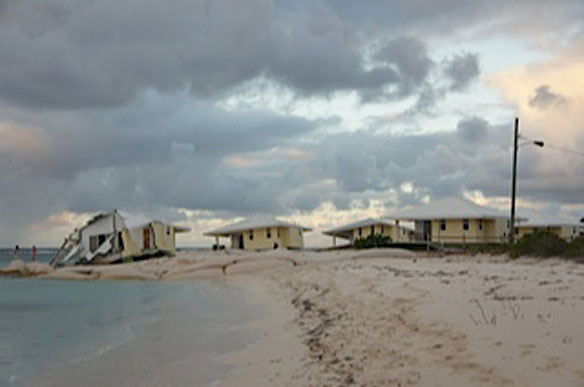
Climate change has already left its mark “on all continents and across the oceans”, damaging food crops, spreading disease, and melting glaciers, according to the leaked text of a blockbuster UN climate science report.
New UN Report Is Cautious On Making Climate Predictions
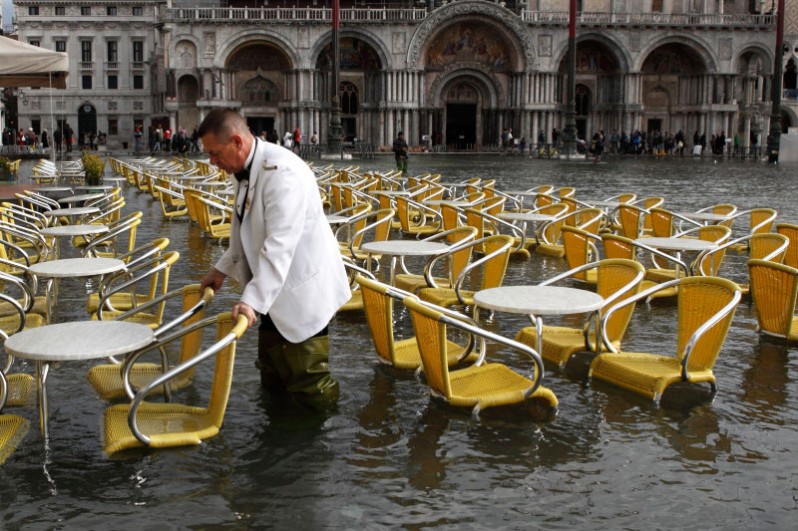
The draft of the latest report from the IPCC warns that the world faces serious risks from warming and that the poor are especially vulnerable. But it avoids the kinds of specific forecasts that have sparked controversy in the past.
A Honduran Paradise that Doesn’t Want to Anger the Sea Again
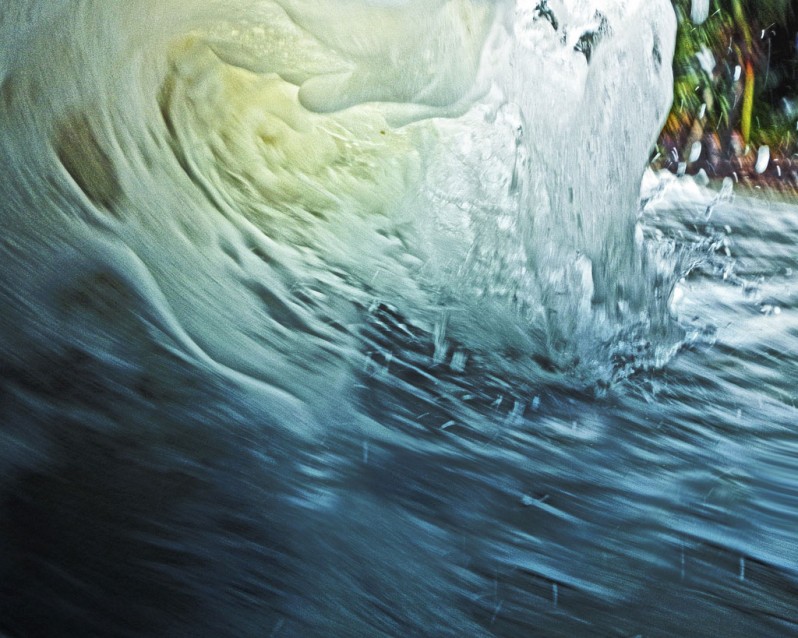
At the mouth of the Aguán river on the Caribbean coast of Honduras, a Garífuna community living in a natural paradise that was devastated 15 years ago by Hurricane Mitch has set an example of adaptation to climate change.
Climate Change Will Slow Economies, Cause Irreversible Damage, UN Report
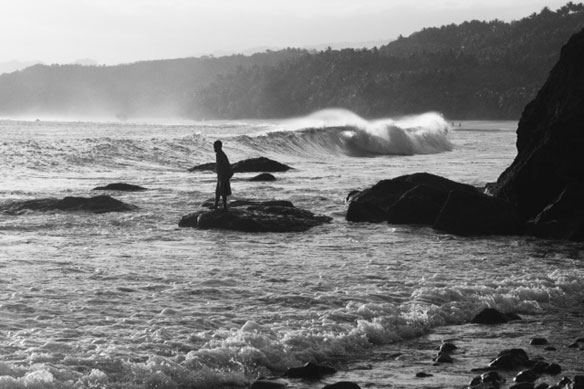
Global warming will disrupt food supplies, slow world economic growth and may already be causing irreversible damage to nature, according to a UN report due this week that will put pressure on governments to act.
Deep Ocean Current May Slow Due To Climate Change
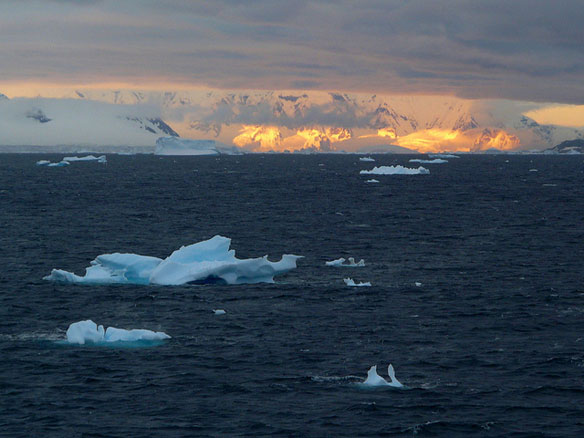
Far beneath the surface of the ocean, deep currents act as conveyer belts, channeling heat, carbon, oxygen and nutrients around the globe. A new study has found that recent climate change may be acting to slow down one of these conveyer belts, with potentially serious consequences for the future of the planet’s climate.
Iron Increase In Oceans And Correlated Decrease Of CO2 Levels? A Study
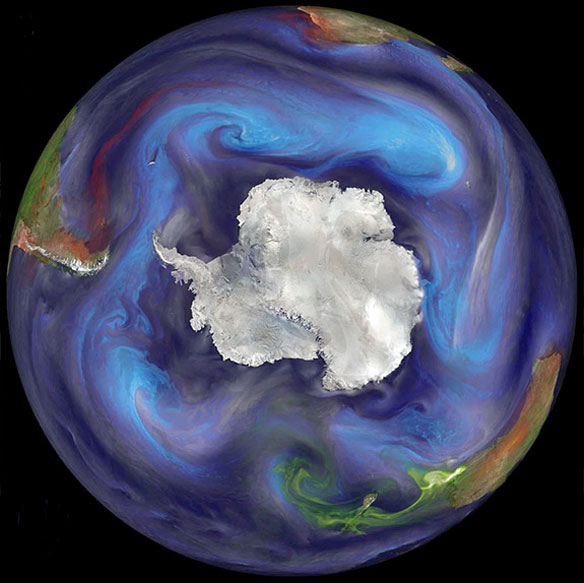
Researchers from Princeton University and the Swiss Federal Institute of Techonology in Zurich have confirmed that during the last ice age iron fertilization caused plankton to thrive in a region of the Southern Ocean. Iron fertilization has also been suggested as one way to draw down the rising levels of CO2 associated with the burning of fossil fuels.
U.S. Scientists Launch Wake-Up Campaign on Climate Change
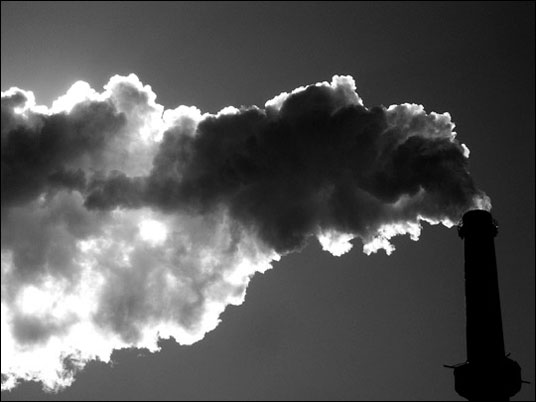
In an unusual intervention in policy debates, the American Association for the Advancement of Science (AAAS) warned Tuesday that the world was “at risk of pushing our climate system toward abrupt, unpredictable, and potentially irreversible changes with highly damaging impacts.”
